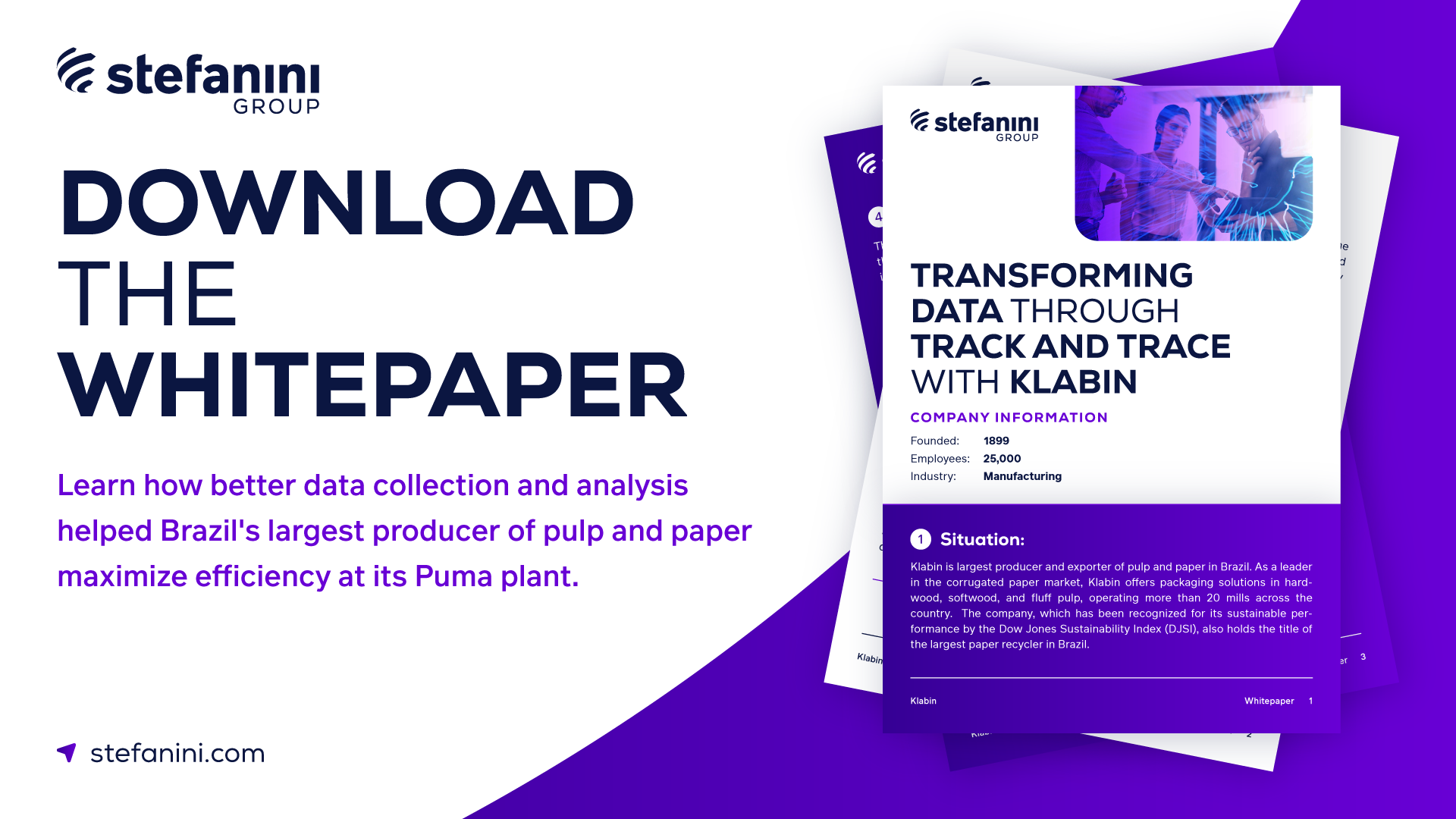According to App Annie, an agency focused on mobile market analysis, Brazil is the country that spends the most time using apps. It’s no wonder then that mobile development languages are on the rise in this country.
In addition to Java, one of the most popular options, other languages have been gaining great prominence. One of these has earned its place as a long-standing choice, which has remained a solid option due to its versatility. In this article, we will introduce and discuss the benefits and utilities of each one.
1. JavaScript
JavaScript is considered to be the #1 language of the web. It is well-known as a universal programming language for website development, but it also works well for mobile app development as well. JS offers many benefits, such as the ability for businesses to gain more users when they develop their app in JS and develop good UI/UX as a result.
JS is capable of creating interactive elements to enhance UX, such as animations. JS framework allows for development of mobile apps on several different platforms, or even cross-platforms, including Android and iOS. Many frameworks for Android are mature- tried and tested and businesses can build apps through JS with high function and reliability.
Why should you learn JavaScript?
JavaScript is one of the most popular and widely-used programs out there. It is easy to share knowledge and reuse codes through JS frameworks- saving resources, and making it easier to teach. Huge brands, like Google and Facebook, use JS frameworks, and have even come out with their own versions to develop mobile apps per their requirements.
If you want to have a place in the tech industry, and expand your knowledge and employability, knowing JavaScript is necessary.
2.) C++
C++ is another highly popular programming language. Used worldwide, C++ is utilized by many professional software developers. C++ was developed in the 1980s, so it has been around for over 40 years. It is a general purpose language, meaning it lends itself to many things- from game development to app creation.
C++ code is high-performance, meaning it has no trouble running quickly and effectively. It’s flexible, allowing users to switch between object-oriented programming and procedural styles. It has the upper-hand on Java because it has better support for inline assembly.
Why should you learn C++?
C++ is great for beginners. Its object-oriented programming style makes it easier to learn than other languages. It’s prevalence in multiple tech fields means that knowing it increases your hireabilty. Since it’s an older language, it’s getting to be a little difficult to find people who are fluent in this- meaning that if you were to learn it, you would stand out as a candidate.
3.) Kotlin Android Studio
Used especially for the development of Android tech, Kotlin was created in 2011 by JetBrain, a Czech software development company. Kotlin came from the need to cover gaps in Java, which until then, had been the main player in this area. Kotlin is interoperable and can be used in Java projects.
However, it is also an open-source, multi-paradigm, statically typed, object oriented language, and still has all the features of a functional language.
In addition, its syntax is much more concise- saving 40% of Java code- and users are notified of any errors at compile time, instead of only appearing at runtime.
Why should you learn Kotlin?
The learning curve of Java to Kotlin is smooth, so if you already understand Java, it’s worth studying Kotlin. And if you want to grow your tech career, and increase your hiring value, there are many companies looking for professionals specialized in Kotlin.
4.) R
R is a relatively new programming language. It’s an open-source language and is well-suited for user interfaces (UI). Capable of creating graphs, charts, animations and other visual elements using data in mobile apps, R accomplishes the important goal of UI- visual representation of data to facilitate understanding.
Why should you learn R?
R supports cross-platform development and works on different platforms. As well as being used for UI, R is also used for statistical computing, making it useful for data science.
Although not very well known at the moment, R is becoming more popular in the US and internationally. With the increased usage of apps, and increased importance of good User Interface, R offers some sizable benefits when it comes to creating appealing visual components.
5.) Swift iOS
Swift was launched by Apple in 2014. Considered the height of iOS apps, it was created to democratize and simplify the programming of its devices- previously only possible through Objective-C. Since the intention was to make this more accessible, this language is open-source.
Like Kotlin, Swift is interactive, with very concise syntax. It has a lot of features and integrates with Python, Rust, and Ruby languages which developers enjoy.
Why should you learn Swift iOS?
This mobile development language is compatible with Apple devices and makes the most of your hardware. So, you can focus on improving your app’s functionality and, consequently, improving your users’ experience.
In fact, it is increasingly important to think of solutions that benefit other areas of the company, in addition to the one you are in. This attitude is called intrapreneurship and we talk more about it in this article.
6.) Python
Created by Guido van Rossum between the 80s and 90s, Python was born to optimize code reading and value human effort. Because it is intuitive, its use has expanded to areas beyond programming, such as exact, engineering, and data science. This language is very common in machine learning, big data, and data science processes.
Until recently, Python was not used much for mobile development. However, this changed when it proved to be more concise and agile in relation to Java, C and PHP language. Automation scripts are also much faster to make.
Why should you learn Python?
A good way to think of Python is “the chameleon of languages.” Although simple, it manages to create complex data structures and is compatible with most operating systems. When using it in the development of mobile applications for Android, iOS, and Windows Phone, you will have a multitude of open source frameworks.
Conclusion
These six languages represent just a handful of the development languages out there. As our need and desire for apps grows, the amount of languages required to create them increases as well. The ones we’ve discussed in this article are well-known, and well-loved, but they aren’t one size fits all. Each project has different parameters.
When choosing a language to build your mobile interface, be sure to consider the pros and cons of each option to achieve the best result.
Ready to Go Mobile?
Feeling excited to transform your business, but a little overwhelmed by all these language options? We got you covered!
We’ve co-created with many clients to provide them with an exemplary UI/UX to expand their customer base- and we want to work with you too! We’ll partner with your business and tailor the digital solution that works for you.




















